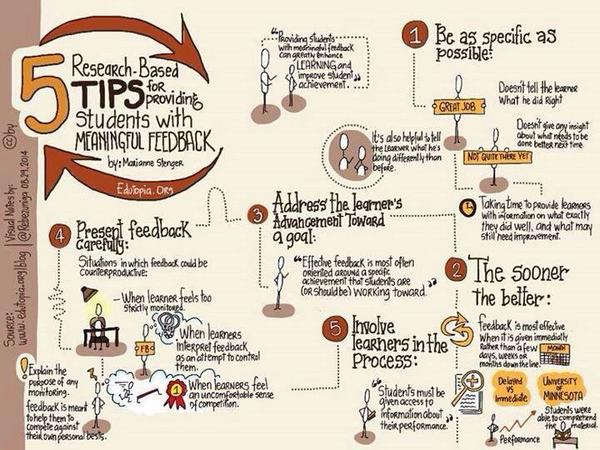I’m trying something new in my exam grading process. I’ve been wondering for a while what sorts of comments to write on student solutions(1). My goals:
- Convey to student what level of mastery their solution has demonstrated about the assorted topics
- Convey to the student where any mistakes or errors were made
- Avoid spending hours upon hours grading exams and/or leaving lengthy comments
- Show positive & supportive sentiment
Recently, I’ve been writing questions instead of comments on exams. Some examples:
- Rather than writing, “You forgot to use the quotient rule here” I’ll write instead, “How do we differentiate a quotient?”
- Rather than correcting an antiderivative miscalculation, I’ll write instead, “Is the derivative of your answer equivalent to the integrand?”
- Rather than fixing an arithmetical error, I’ll write instead, “Are you sure this should be 81?”
- Rather than writing, “Your formula is wrong,” I’ll write instead, “What happens if we plug in x=4 on both sides?”
What I Wonder: I don’t know if what I’m trying is a good idea, a bad idea, or just totally crazy. When grading exams, I wonder (1) how to communicate mathematical corrections to a student and (2) how to be supportive of the emotions surrounding test-taking. I had a number of conversations this week with mathematicians about times they had really miserable experiences with feedback they got from their own math professors “back in the day.”
[It’s also interesting to me that we all seem to have stories of the form “The time my math professor made me cry was…”]
I really do not want to make any of my students cry about a calculus exam. I really do want to say helpful, supportive, thought-creating comments that help them move forward mathematically. I am trying to figure out how to balance both of these things. How do I say, “Your solution is wrong, but I really believe in you & your ability to mastery this material! Keep trying!”
Footnote (1): I’m completely ignoring what I know about the feedback & learning cycle. In particular, I am taking huge latitude here and ignoring the fact I know the research says I should be doing more formative assessment and less summative assessment. I’m also ignoring that I’m probably not going to be successful at my current quest because research has shown that regardless of what comments we give students, if we give them a grade at the same time, they tend to ignore the comments anyway. In fact, I’m going to ignore this so loudly, I won’t even track down the links to the ed journal articles I’ve read about this very thing.
Postscript. I went and hunted down some links to stuff I know about feedback. It all started when I asked something on Twitter:
I struggle with how much to write as #feedback on exams. Is it less =more in this case, or is it more=more? #MToBS #calculus
— Kate Owens (@katemath) September 2, 2014
Some stuff I learned:

5 research based tips for providing students meaningful feedback: #edchat #unionrxi pic.twitter.com/qaJQnGvRg2
— Dr. Justin Tarte (@justintarte) September 3, 2014
and also, http://blog.mathed.net/2011/08/rysk-butlers-effects-on-intrinsic.html has a summary of Butler’s Effects on Intrinsic Motivation and Performance (1986) and Task-Involving and Ego-Involving Properties of Evaluation (1987).
